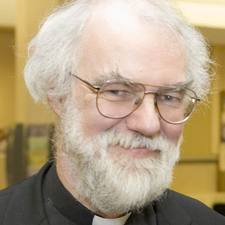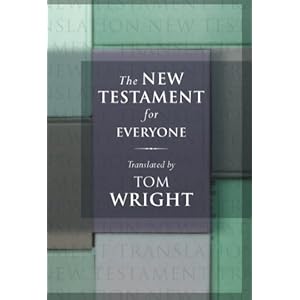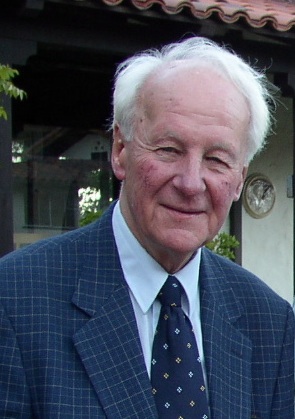A few months ago I had some quite positive things to say about Wayne Grudem’s book Politics According to the Bible
– although I had not read the book, and still have not. Already in my comments on that post I was less positive, and suggested that
this is by no means a book I could recommend.
I would now like to reaffirm that in stronger terms, in the light of Mako Nagasawa’s post Wayne Grudem’s Misuse of Scripture in “Politics According to the Bible”. Nagasawa claims, and provides good evidence to demonstrate, that
Grudem’s biblical foundations are deeply faulty, and … many Christians who read him are being led to very wrong conclusions and opinions.
The main criticism is of Grudem’s conclusion that the Bible affirms
the right of the individual to acquire as much wealth and private property as possible by all lawful and moral means.
Nagasawa argues that Grudem has misused the Old Testament passages on which he bases this conclusion. Indeed he writes that
Leviticus 25 demonstrates that God’s vision for biblical Israel was virtually the opposite that Wayne Grudem has for America. …
For people to have the unlimited ability to accumulate wealth and pass it on to their children is precisely the opposite of what Leviticus 25 says.
Nagasawa clearly demonstrates this point, and shows that this material from the Law of Moses cannot be used to support Grudem’s conclusions. Ancient Israel was nothing like the conservative vision for 21st century America.
Now, as Nagasawa recognises, there are serious issues with using these instructions for a theocratic state to support any kind of political vision for today, whether more like Grudem’s or Nagasawa’s. The more appropriate Old Testament material for us to consider today is about how individuals among God’s people were politically active in states which did not worship Yahweh. But when we look at the most prominent such individual, Joseph, and at how his government nationalised the livestock and the land in Egypt (Genesis 47:13-26), we find more support for Nagasawa’s position than for Grudem’s.









 Roger Olson asks
Roger Olson asks  I would like to join many other bloggers and writers in offering my final respects to John Stott, who died a few days ago. I was too busy moving house to write anything immediately. But I don’t want to leave his passing unmarked.
I would like to join many other bloggers and writers in offering my final respects to John Stott, who died a few days ago. I was too busy moving house to write anything immediately. But I don’t want to leave his passing unmarked.